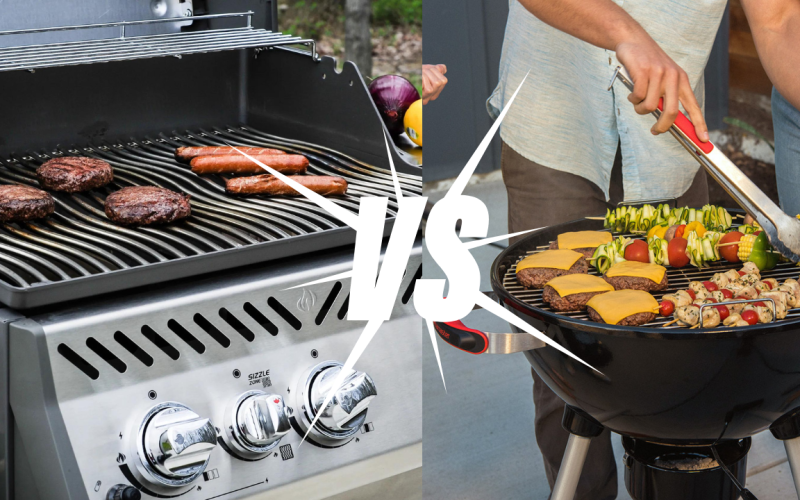In the world of outdoor cooking, the debate between gas and charcoal grills has raged on for decades. Choosing between the two often sparks fervent discussions among grilling enthusiasts, each camp passionately defending the merits of their preferred method. This article aims to dissect “The Great Debate: Gas vs Charcoal,” exploring the intricacies of each option, from the iconic Weber Spirit II E-310 to the allure of traditional charcoal grills. As we delve into the advantages, disadvantages, and key features of both, we’ll navigate through topics such as ease of use, start-up time, temperature controls, fuel costs, cleaning, space requirements, and price ranges. Whether you’re a seasoned grill master or a novice looking to enter the world of outdoor cooking, understanding the nuances of gas and charcoal grills will empower you to make an informed decision for your next backyard barbecue.
| Features | Gas Grill | Charcoal Grill |
|---|---|---|
| Ease of Use |
|
|
| Start-Up Time |
|
|
| Temperature Range |
|
|
| Fuel Cost |
|
|
| Cleaning |
|
|
| Space Requirements |
|
|
| Price Ranges |
|
|









